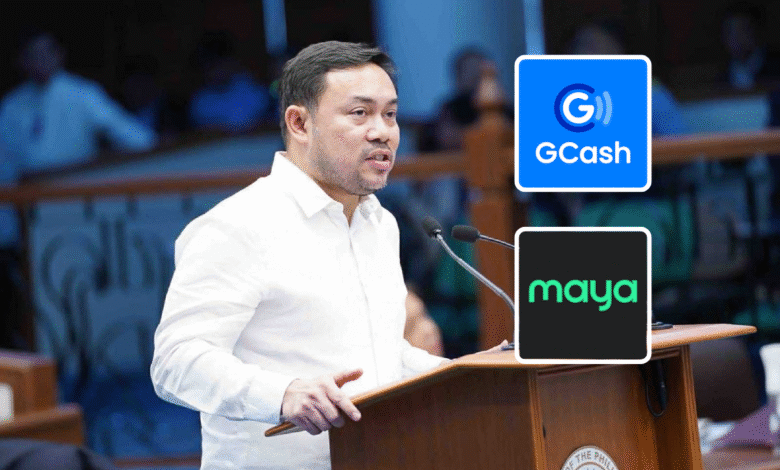
GCash Scams: Where Can Filipinos Turn When E-Wallets Fail?
Scams are increasingly targeting Filipinos through “text baits” such as DSWD Akap Assistance, Pantawid Pamilyang Pilipino Program (4Ps) Payout, Educational Subsidy, Unclaimed Ayuda, Libreng GCash Load or Rewards, and general Financial Subsidy offers.
Fraudsters often pose as GCash, sending SMS messages containing links or QR codes that lead to phishing sites designed to steal personal information.
“This scam isn’t just opportunistic—it’s engineered for emotional impact,” said Miguel Geronilla, GCash Chief Information Security Officer.
READ: Is the Philippines really safer now?
The National Disaster Risk Reduction and Management Council (NDRRMC) has also reported cases where scammers used its hotline to spread malicious links, claiming to offer government flood relief. These messages often mimic official government or company advisories, making it harder for users to identify them as fraudulent.
Where Can Filipinos Turn?
GCash reminds users never to click suspicious links, share MPINs or OTPs, and to report scams immediately through its Help Center or hotline. However, for many victims, recovery of lost funds is difficult. This raises a critical question: where can Filipinos turn when GCash and other financial platforms cannot stop scams?
Proposed Scam Prevention Center
Senator Mark Villar has filed a bill creating the Philippine Scam Prevention Center (PSPC), envisioned as a one-stop shop for scam-related complaints and support. The PSPC will have regional and local centers across the country, providing immediate touchpoints for victims, ensuring rapid response, and assisting in filing cases under the Anti-Financial Account Scamming Act (AFASA) or the Cybercrime Prevention Act of 2012.
The AFASA, also championed by Villar—who is the author and sponsor of the measure—criminalizes financial account fraud and empowers authorities to pursue individuals or entities engaged in cyber scams. While AFASA provides the legal framework for prosecution, the PSPC focuses on prevention, coordination, and victim assistance. Together, they form a comprehensive safety net: AFASA gives teeth to the law, while PSPC offers victims a clear place to seek help.
“Scammers continue to evolve as technology advances,” Villar said. “We need integrated measures that evolve faster to protect Filipinos’ hard-earned money,” he added.




